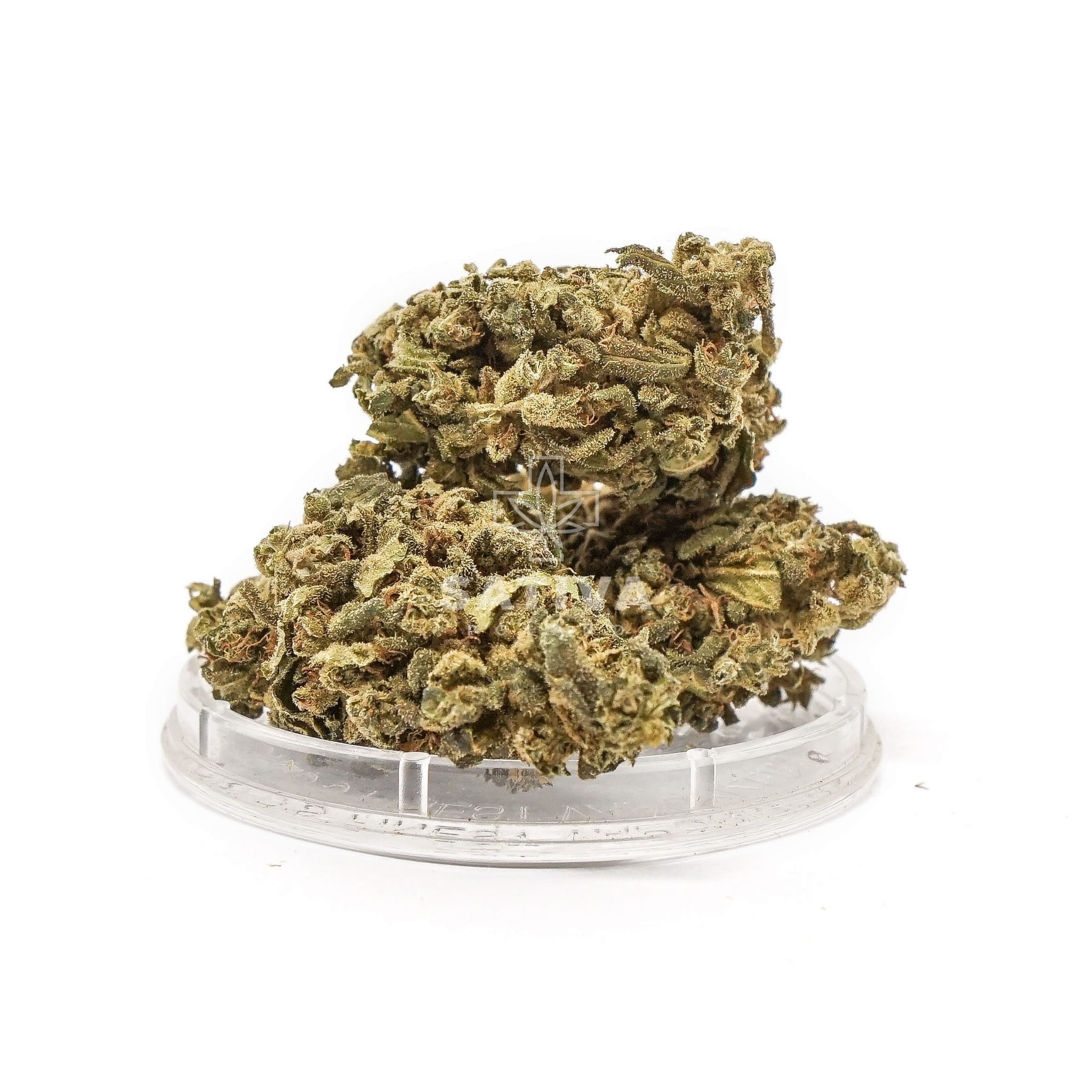Blog
Weed in Turkey: A Comprehensive Guide

Weed in Turkey: A Comprehensive Guide to Cannabis Laws and Culture
Are you curious about the regulations, risks, and cultural attitudes surrounding weed in Turkey? Whether you’re a traveler, an expatriate, or simply researching global cannabis laws, understanding Turkey’s approach to cannabis is essential. This guide explores everything you need to know about cannabis in Turkey, including legality, penalties, cultural perceptions, and medical use.
Is Weed Legal in Turkey?
One of the most common questions about weed in Turkey is its legal status. The answer is clear: cannabis is strictly illegal in Turkey. This includes all forms of marijuana — whether smoked, consumed, or processed into products like edibles or oils.
The Turkish government enforces a zero-tolerance policy regarding cannabis. Unlike countries that allow limited recreational use or have decriminalized possession, Turkey maintains strict criminal penalties for anyone caught with weed. This applies to both citizens and visitors, making it essential to understand the risks before entering the country.
Even medical marijuana is not widely available in Turkey. Although some discussions have taken place in recent years about potential medical cannabis programs, as of now, medical marijuana is not legally accessible. Patients seeking cannabis-based treatments cannot obtain prescriptions or legally import cannabis products into Turkey.
Penalties for Possessing Weed in Turkey
If you are caught possessing cannabis in Turkey, the consequences can be severe. Turkish law treats possession as a criminal offense, and penalties vary depending on the amount found, whether the person is a first-time offender, and if there is evidence of distribution.
Typical consequences may include:
-
Fines: Monetary penalties can range from moderate to substantial, depending on the amount of cannabis.
-
Imprisonment: Jail time can be imposed for possession, especially if authorities suspect intent to sell or distribute.
-
Criminal Record: Convictions can result in a permanent criminal record, affecting travel, employment, and residency status.
Turkey enforces these laws rigorously, and authorities show little leniency, even for small amounts of personal use. Travelers and expatriates must be particularly cautious, as even minor infractions can lead to serious legal problems.
Medical Marijuana in Turkey
Although some countries have embraced medical cannabis programs, Turkey does not currently allow medical marijuana. Patients in Turkey cannot obtain prescriptions for cannabis-based products, and importing cannabis for medical purposes is illegal.
Despite growing international interest and research into the medical benefits of cannabis, Turkey has not yet established a legal framework for therapeutic use. Those in need of medical cannabis must rely on alternative treatments approved by Turkish health authorities.
Cultural Perceptions of Weed in Turkey
Understanding the cultural context is as important as knowing the legal framework. In Turkish society, cannabis is largely viewed negatively.
-
Association with crime: Weed is often linked to criminal activity and illicit behavior.
-
Social stigma: Using cannabis is generally frowned upon, and public consumption can provoke strong disapproval.
-
Conservative attitudes: Turkey’s social and cultural norms tend to discourage recreational drug use.
Because of these perceptions, tourists and residents are strongly advised to avoid any involvement with cannabis. Even minor associations, such as carrying small amounts or using cannabis in private, can lead to misunderstandings, social conflict, or legal consequences.
Traveling in Turkey: Safety Tips
If you are planning a trip to Turkey, it’s crucial to respect local laws and cultural norms:
-
Do not bring cannabis: Avoid carrying any amount of weed, edibles, or cannabis products into the country.
-
Avoid public use: Using cannabis in public or private spaces can result in arrest.
-
Educate yourself: Familiarize yourself with Turkey’s strict drug laws before your visit.
-
Stay informed: Keep updated on any changes in legislation or enforcement practices during your stay.
Following these tips will help ensure that your visit to Turkey is safe, enjoyable, and trouble-free.
The Future of Cannabis in Turkey
Although Turkey currently maintains a strict anti-cannabis stance, there have been ongoing discussions about medical cannabis and regulatory reform. Experts suggest that Turkey might eventually explore legal medical cannabis programs, following the trend seen in other countries. However, recreational use is unlikely to be legalized in the near future due to cultural and political resistance.
Researchers and cannabis advocates continue to study potential benefits, but for now, travelers and residents must operate under existing laws to avoid serious legal consequences.
Key Takeaways About Weed in Turkey
-
Cannabis is illegal: Possession, sale, and use are prohibited.
-
Medical marijuana is unavailable: Patients cannot legally access therapeutic cannabis products.
-
Severe penalties: Fines, imprisonment, and criminal records are possible even for small amounts.
-
Cultural stigma: Cannabis carries a strong social taboo and is associated with crime.
-
Future reforms: Discussions exist but significant changes are unlikely soon.
Conclusion
Understanding weed laws in Turkey is critical for both travelers and residents. The country enforces strict anti-cannabis regulations, and cultural attitudes reinforce the seriousness of the laws. There are no legal avenues for recreational or medical cannabis, and authorities apply penalties rigorously.
For a safe and enjoyable experience in Turkey, it is best to avoid all involvement with cannabis and respect local laws and cultural norms. By staying informed and cautious, you can enjoy the rich history, culture, and natural beauty of Turkey without running afoul of the law.
